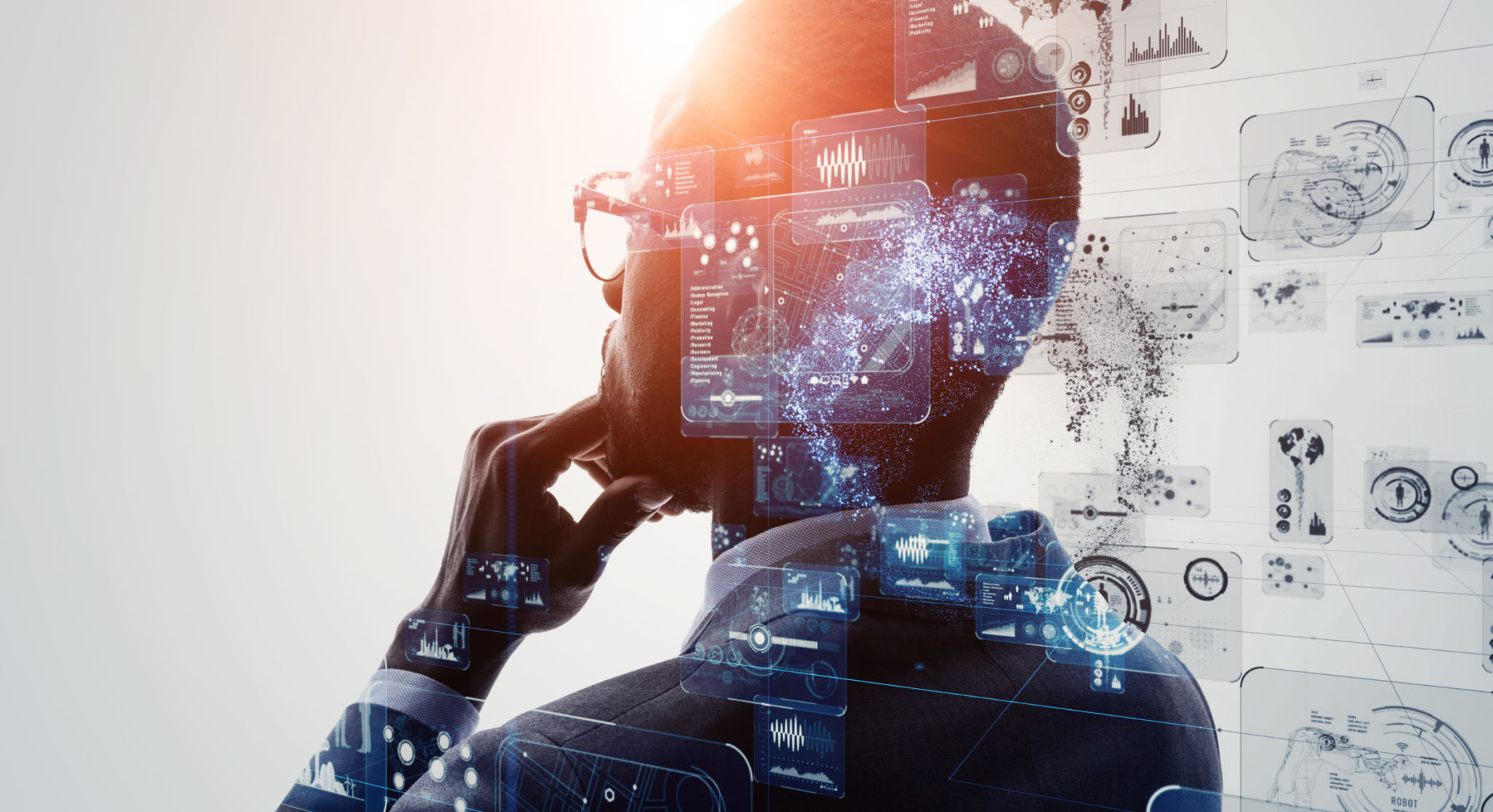The Future of Spiritual Practice: AI and the Quest for Purpose
The Intersection of AI and Spirituality
The integration of technology and spirituality may seem like an unlikely combination to some. However, with the rapid advancements in artificial intelligence (AI), it's becoming increasingly apparent that these two fields can complement each other in intriguing ways. As AI continues to evolve, it offers new opportunities for individuals to explore their spiritual journeys and discover deeper meanings in life.

One of the most significant contributions AI can make to spiritual practice is through personalized guidance. Just as AI can recommend movies or products based on past preferences, it can also offer tailored spiritual advice and resources. By analyzing individual habits, preferences, and emotional states, AI can suggest meditations, readings, or practices that resonate with an individual's unique spiritual path.
Enhancing Meditation and Mindfulness
Meditation and mindfulness practices have long been cornerstones of spiritual exploration. With the advent of AI, these practices are being transformed in exciting ways. AI-powered meditation apps can now provide real-time feedback on breathing patterns, heart rate, and stress levels, helping users achieve deeper states of relaxation and awareness.
Moreover, AI can create immersive environments for meditation. Virtual reality (VR) experiences guided by AI can transport users to tranquil natural settings or serene temples, enhancing the meditative experience and making it more accessible to those who may not have the opportunity to travel or participate in traditional retreats.

AI as a Spiritual Companion
While AI cannot replace human connection, it can serve as a valuable companion for those on a spiritual journey. Chatbots and virtual assistants designed with spiritual guidance in mind can offer conversation and companionship to individuals seeking solace or insight at any time of day. These AI companions can provide reminders for daily practice or offer words of encouragement during challenging times.
Additionally, AI-driven platforms can connect like-minded individuals across the globe, fostering a sense of community. By joining virtual discussion groups or participating in online rituals, people can share experiences and support each other in their quests for purpose and meaning.

Navigating Ethical Considerations
The fusion of AI and spirituality also raises important ethical questions. As AI systems become more integrated into spiritual practices, it's crucial to consider issues of privacy, data security, and the potential for manipulation. Ensuring that these technologies are used responsibly and ethically is paramount in maintaining the integrity of spiritual exploration.
Furthermore, there is a need to balance technological assistance with personal introspection. Individuals must remain vigilant in ensuring that they do not become overly reliant on AI for spiritual guidance, preserving the essence of personal growth and self-discovery.
The Road Ahead
As we look to the future, the role of AI in spiritual practice is likely to expand further. Emerging technologies such as machine learning and natural language processing will continue to refine AI's ability to understand and support human spirituality. The potential for collaboration between technologists and spiritual leaders holds promise for creating tools that genuinely enhance the human experience.
Ultimately, the quest for purpose remains a deeply personal journey. While AI can offer valuable tools and insights along the way, it is up to each individual to navigate their path with intention and mindfulness. As we embrace the future of spiritual practice, we must remember that technology is a facilitator, not a destination.
